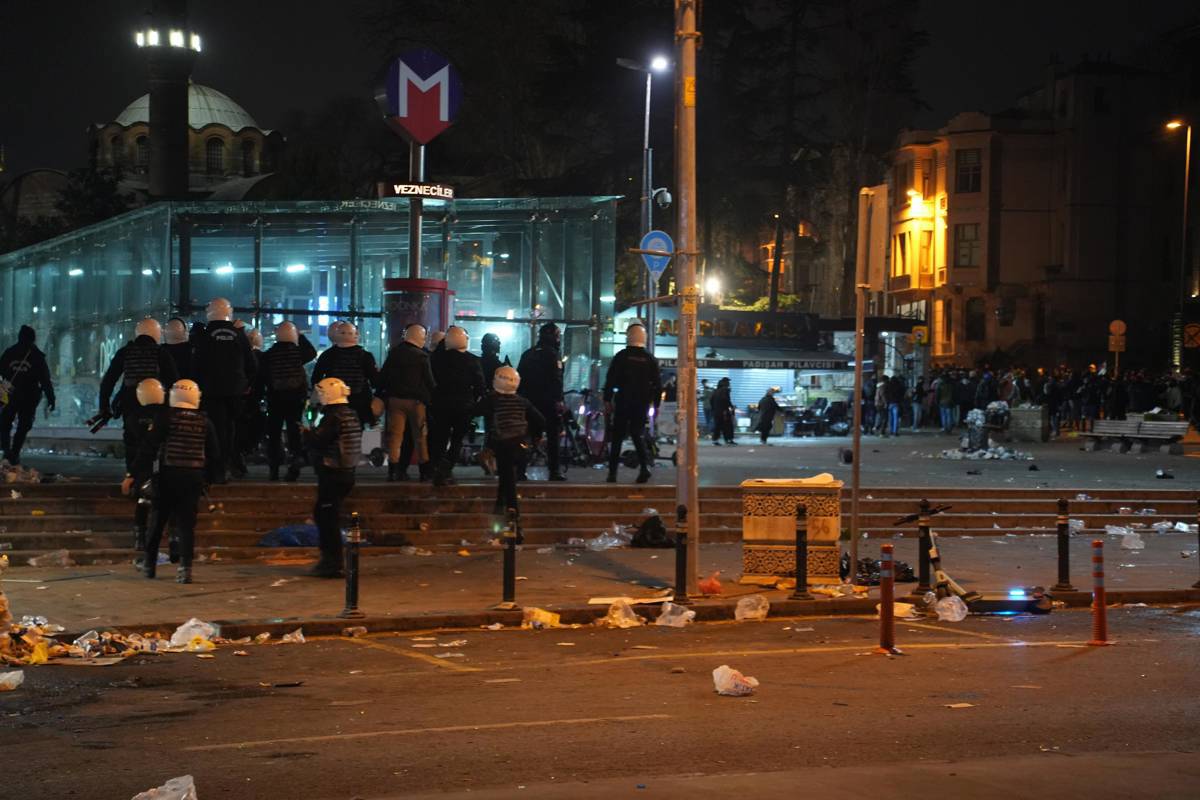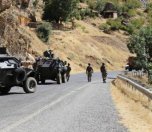REPORT FROM MIGRATION MONITORING ASSOCIATION
What did Woman Experience During Period of Curfews?
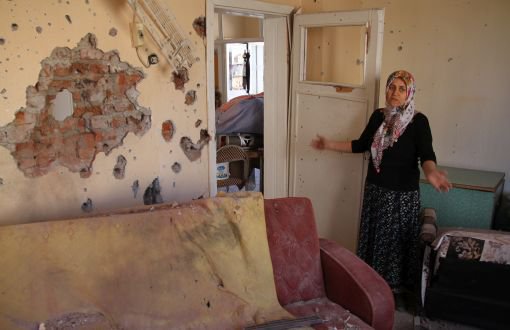
Click to read the article in Turkish (1) (2)
The Migration Monitoring Association has released a report with the aim of revealing what women experienced during the curfews in the period of conflict in southeastern provinces in 2015 and 2016.
The report, which is titled "Rights Violations and Experiences Women Lived Through During the Period of Curfews and Forced Migration," gives the following information regarding period of curfews in its introduction:
Around 500 thousand people were displaced, 1,8 million people were indirectly affected.
At least 299 curfews were declared in 11 provinces and 49 districts between August 16, 2015 and March 1, 2018. The first curfew was issued for Varto, Muş on August 16, 2015.
According to estimated figures, at least 3,638 people died because of conflict. Although the curfews continued to be declared in 2018, they were mostly issued in 2015 and 2016.
16 women field researchers interviewed 480 women
In August 2018, 16 women field researchers interviewed women who were forced to migrate from southeastern provinces Diyarbakır Mardin, Şırnak and Hakkari to Mersin and İstanbul.
The Migration Monitoring Association wrote the report in partnership with other civil society components and with the support of the European Union Delegation to Turkey. The report was written within the scope of the project "Supporting internally displaced persons' accession to their social rights," supported the European Instrument for Democracy & Human Rights (EIDHR).
All the 480 women interviewed in the research were above 18. 78 percent of the participants were between 18 and 50. Among the 480 women, 51 percent stated they are not literate.
"The most basic rights were violated"The report compiled the following from the interviews:
|
Women "lost belief in justice"
Zelal Coşkun and Yeter Tan from the research team spoke to bianet about the report.
"Women told us that the sense of justice is no more, they don't believe in justice in any way. They said they need psychological support and they couldn't get themselves together. They said they won't leave where they live no matter what happens," said Coşkun.
Tan added, "After the relatively mild climate of the resolution process, such a hard period was not a thing the women were expecting. This is why their belief in justice was shaken."
Underpinning that deaths, detentions and torture were very common in the period of curfews, Tan said that they wanted the rights violations of women more visible.
"You deserved that"
The women who were forced to migrate to western provinces were also subjected to rights violations, the researchers remarked.
Coşkun said, "In the places they went, children experienced many problems at schools. The children who said they came from Cizre were told, 'You deserved that'. This caused aggression among children. Actually, all of them imagine that they will return and don't settle in where they migrate." (EMK/VK)
Preliminary probe into police violence during İmamoğlu protests
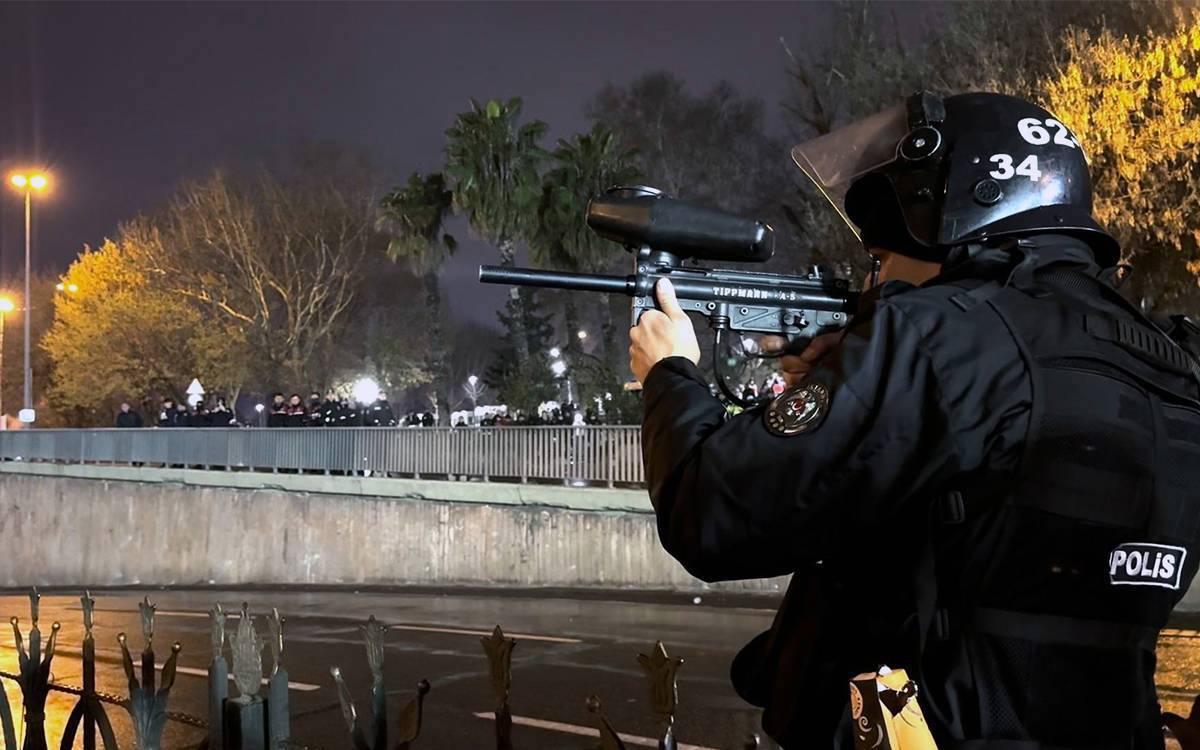
Astrologist released after two months in detention over social media post on Bahçeli’s health

Over 100 youths released after mass arrests during İmamoğlu protests
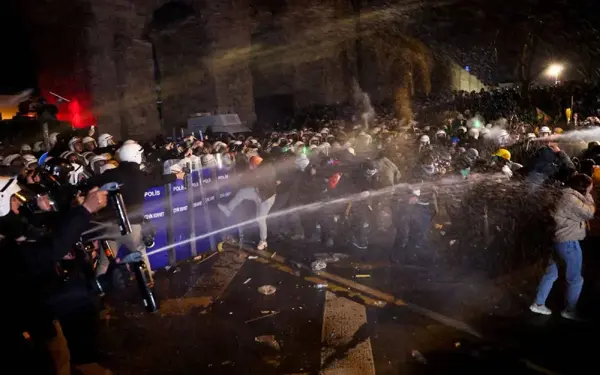
MALE VIOLENCE MONITORING REPORT MARCH 2025
Men killed 24 women in March
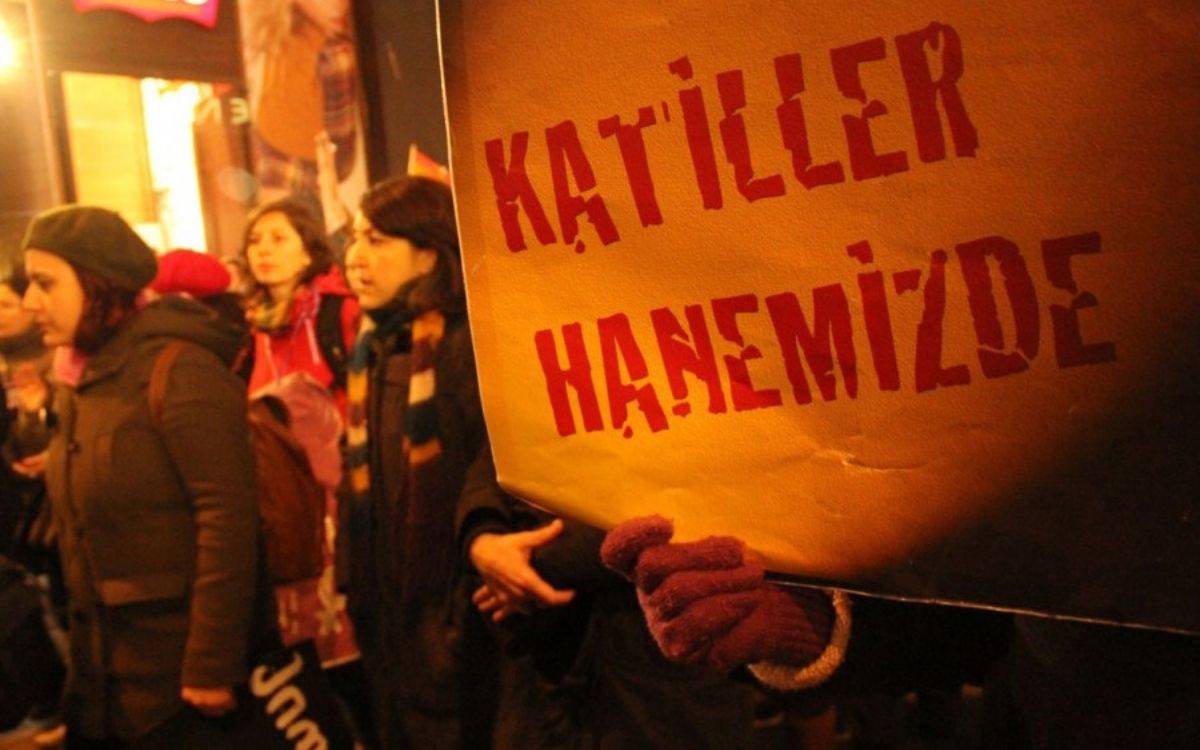
Woman alleges sexual harassment by police during İstanbul protest detention
